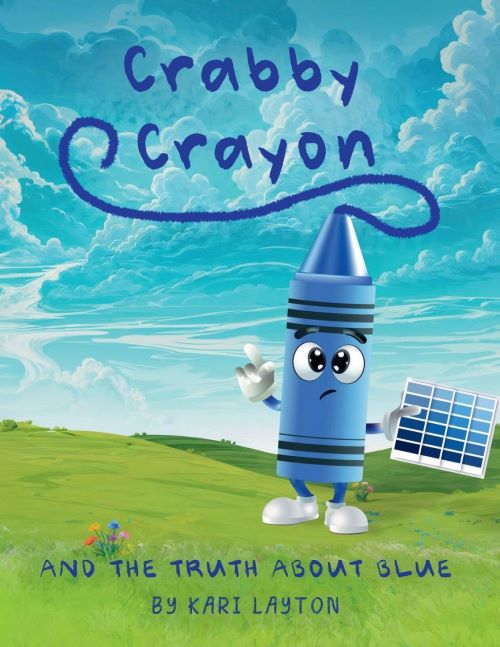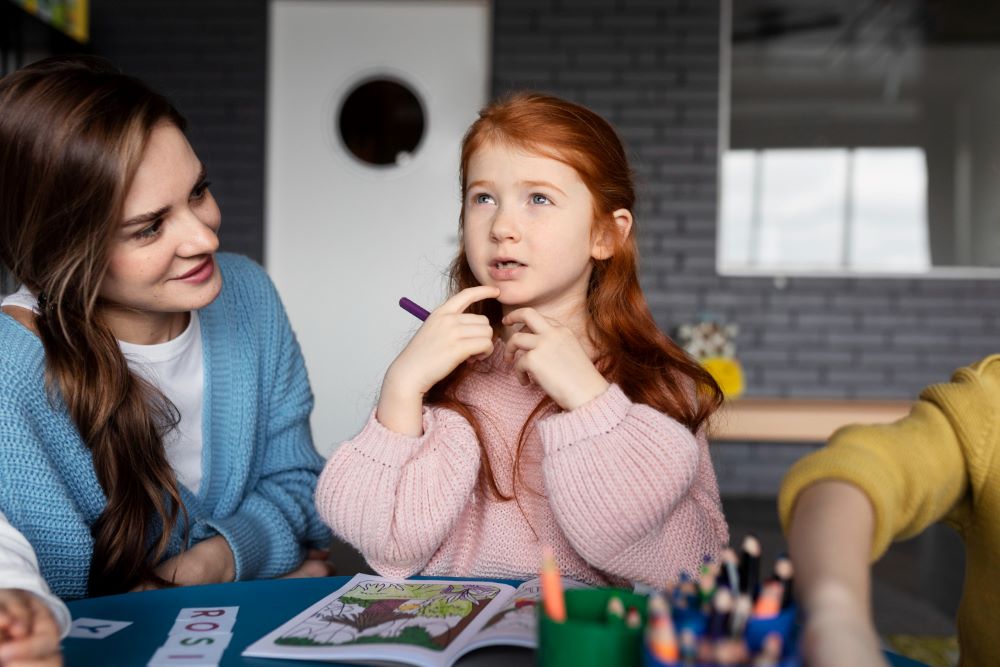Have you ever wondered how to help your child become more curious and adaptable? Encouraging open-minded thinking in young learners empowers them to embrace new ideas and understand different perspectives. This mindset helps children navigate the world with confidence and empathy.
Open-minded children are more receptive to learning and better equipped to handle challenges. By fostering open-minded thinking, you give your child the tools to approach life with curiosity and kindness.
Let’s explore simple ways to foster growth and understanding.
Why Is Open-Minded Thinking Important?
Open-minded thinking helps children become more adaptable and understanding individuals. It teaches them to consider different viewpoints before forming opinions. This mindset boosts problem-solving skills and encourages respect for others.
They are more likely to approach new situations with curiosity rather than fear. Developing this ability early in life lays a strong foundation for emotional intelligence and lifelong learning.
Simple Ways to Encourage Open-Minded Thinking
1. Ask Open-Ended Questions
Instead of asking yes-or-no questions, try, “What do you think would happen if…?” or “Why do you think people have different traditions?” These questions spark deeper thinking and encourage children to explore multiple answers.
2. Explore Different Cultures and Traditions
Introduce your child to books, music, and movies from different cultures. Talk about what makes each culture unique and why diversity is important.
3. Practice Perspective-Taking
Encourage your child to imagine how others feel in different situations. Ask questions like, “How would you feel if you were in their shoes?” This activity builds empathy and emotional intelligence.
4. Try New Experiences Together
Expose your child to new foods, activities, or hobbies. When kids see you trying new things, they’re more likely to step out of their comfort zone too.
5. Celebrate Mistakes as Learning Opportunities
Teach your child that making mistakes is part of learning. Discuss what they learned from each experience and how they can try again with a new perspective.

Final Thoughts
Encouraging open-minded thinking in young learners helps them become curious, adaptable, and compassionate individuals. Simple conversations, diverse experiences, and engaging stories can foster a lifelong love of learning.
If you are looking for a story that demonstrates the power of open-minded thinking, then ‘Crabby Crayon and The Truth About Blue’ by Kari Layton is a must-read. This story encourages children to see beyond their own assumptions and appreciate the beauty of different perspectives.
Start inspiring open minds today with Crabby Crayon and The Truth About Blue! Order your copy now.

